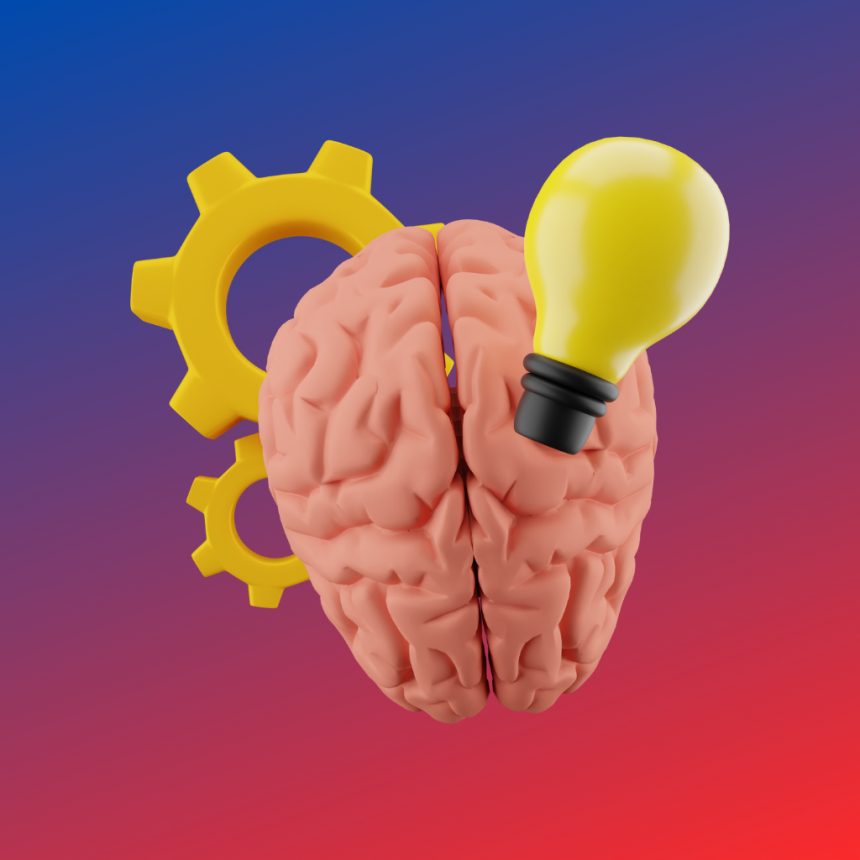
The Growing Use of Robotics in Manufacturing
In recent years, robotics in manufacturing has become increasingly common due to technological advancements. Robotics has become an integral part of almost every production area in the manufacturing sector. Robotics help to increase efficiency and accuracy and reduce costs. Robotics is being used to automate the manufacturing process and eliminate the need for human labour. Moreover, robotics has opened many new opportunities for manufacturers in terms of innovation and productivity. This essay will explore the implications of the growing use of robotics in manufacturing from an economic and ethical standpoint.
Coffee has been a popular morning pick-me-up for centuries, but the impact of this beloved beverage on health is still largely unknown. According to a study conducted by A Cano-Marquina, JJ Tarín, and A Cano, published in the journal Maturitas in 2013, the effects of coffee on health depend on the person, their lifestyle, and the type of coffee consumed. The study found that regular coffee consumption was associated with reduced stroke and cardiovascular disease risk in individuals who followed a healthy lifestyle, such as avoiding smoking and eating a balanced diet (Cano-Marquina et al., 2013). However, the study also found that those who consumed large amounts of sweetened coffee, such as lattes and cappuccinos, may be at an increased risk of developing obesity and diabetes. This suggests that while coffee can have positive health benefits when consumed in moderation, excessive consumption can be detrimental. Therefore, it is essential to be mindful of the type and quantity of coffee consumed to reap the potential health benefits.
Robotics in the building has been an increasingly popular topic due to the potential economic benefits they could bring. According to Warszawski’s Building and Environment article (1985), robotics in the building could provide more efficient, cost-effective solutions compared to traditional methods. Robotics in construction also offers greater flexibility in terms of design, enabling architects and engineers to create innovative designs with fewer restrictions. In addition, robotics in the building could reduce labour costs, as robots can perform tasks more quickly and accurately than human workers. Furthermore, robots could help reduce the environmental impact of construction, as they can be programmed to use fewer resources and produce less waste than manual labour. All these factors point to the potential economic benefits of robotics in the building. However, it is essential to note that implementing robotics in construction will require significant investments in research, development, and training for workers and technicians. Therefore, it is necessary to consider both the potential economic benefits and the costs of implementing robotics in building before making any decisions.
Industrial robots have been widely adopted in the German manufacturing industry recently. This is evidenced by the research conducted by W Dauth, S Findeisen, J Südekum and N Woessner, who found that industrial robots increased by more than 200 per cent from 2000 to 2015 (2017). This rapid adoption of robots has significantly impacted the German labour market.
The introduction of robots has reduced labour demand and decreased the number of jobs available. This has harmed wages, as employers have less incentive to pay higher wages due to the availability of cheaper robots. Moreover, robots are more productive and efficient than human labour, leading to an overall reduction in labour costs for businesses. This has further contributed to a decrease in wages for German workers.
Robots have also had a significant impact on the skill level of German workers. As robots can perform more complex tasks than human labour, employers are increasingly seeking workers with higher levels of skill and expertise. This has caused a shift in the skill level of the German labour force, with workers needing to acquire new skills to remain competitive in the job market.
Overall, the introduction of robots into the German manufacturing industry has significantly impacted workers. This has resulted in a decrease in the number of jobs available, a reduction in wages, and an increase in the skill level required by employers. It is clear that the adoption of robots has had a significant effect on the German labour market and will continue to have an impact in the future.
Robotics has revolutionized the manufacturing industry, increasing efficiency and improving safety. Automation and increased robotics presence has enabled the industry to produce goods faster, with fewer errors. This new technology, capable of tackling tasks with speed and accuracy that humans cannot, has allowed manufacturers to produce more goods while spending less time and resources. With the advancements in robotics technology and their increasing use in the manufacturing industry, we can expect to see even further improvements and efficiency in the years to come.





